
 The Origins Of Our Feline Friends - Cats
The Origins Of Our Feline Friends - Cats
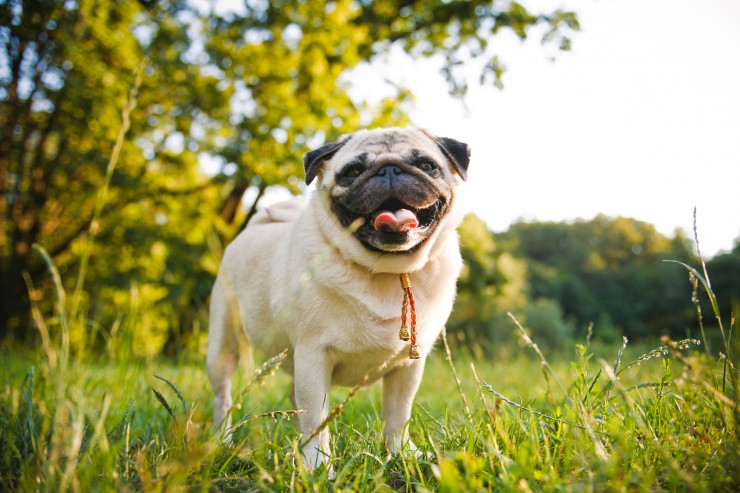 Some Frequently Asked Questions About Cushing’s Disease And Cushing’s Syndrome In The Dog
Some Frequently Asked Questions About Cushing’s Disease And Cushing’s Syndrome In The Dog
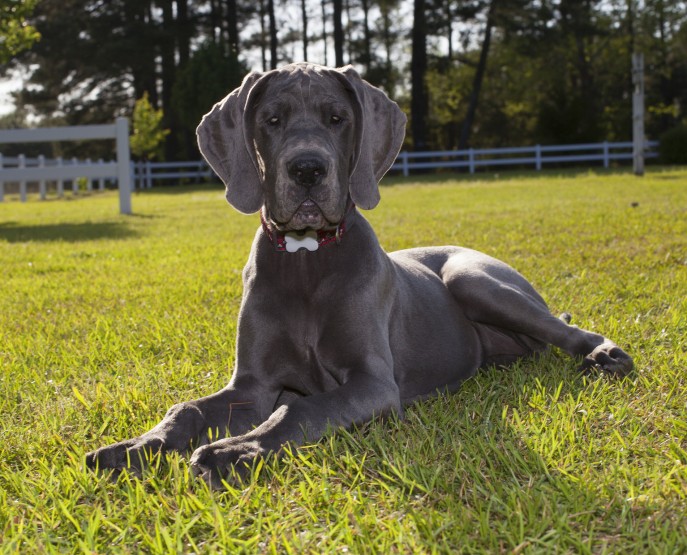 How To Decide Upon A Puppy Food For Large And Giant Breeds Of Dog
How To Decide Upon A Puppy Food For Large And Giant Breeds Of Dog
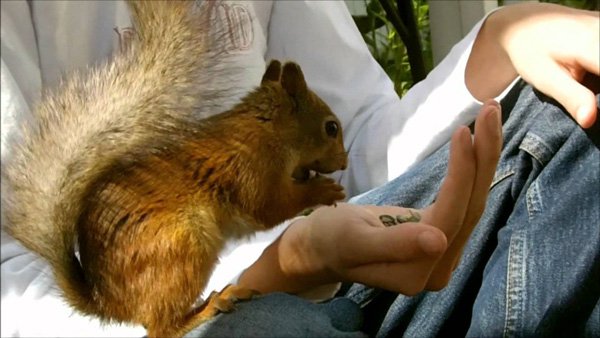 How to pick an amazing toy for your lovable pet?
How to pick an amazing toy for your lovable pet?
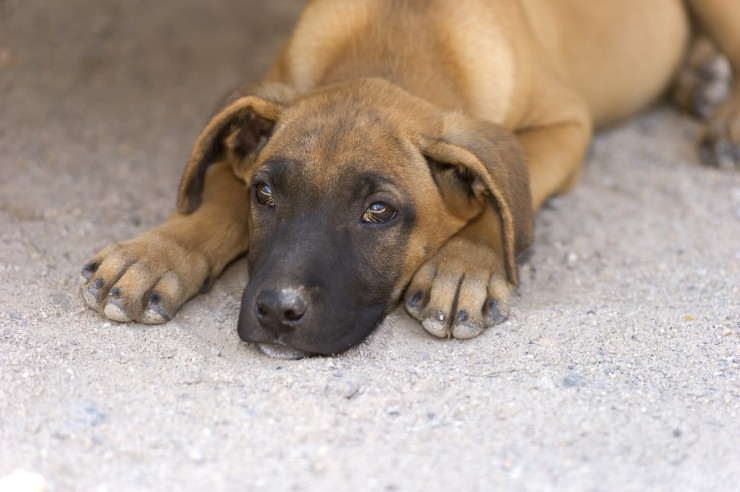 What To Do If You Suspect A Dog Is Being Mistreated
What To Do If You Suspect A Dog Is Being Mistreated
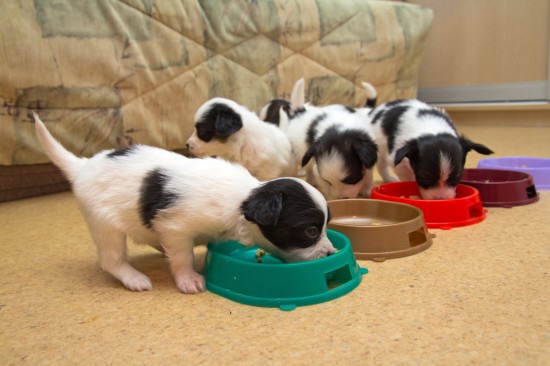 Dogs And Dinnertime - Dogs And Their Attitude To Food
Dogs And Dinnertime - Dogs And Their Attitude To Food
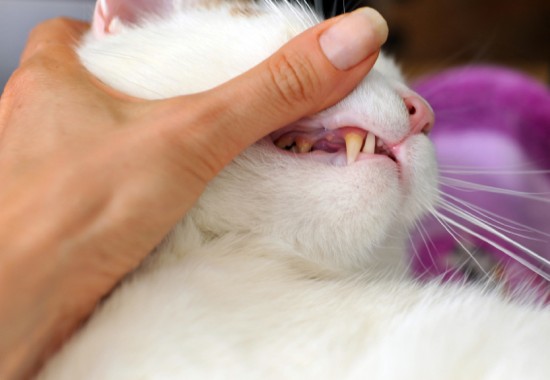 Dental Problems In Cats
Dental Problems I
Dental Problems In Cats
Dental Problems I
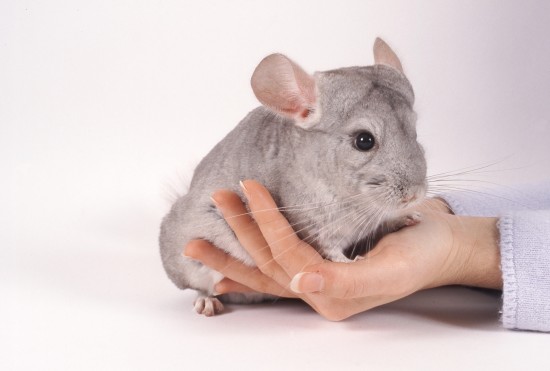 Looking After Pet Chinchillas
Looking After Pet
Looking After Pet Chinchillas
Looking After Pet
 Whom to visit for the ventilated Chicken Runs in the market?
Whom to visit for the ventilated Chicken Runs in the marke
Whom to visit for the ventilated Chicken Runs in the market?
Whom to visit for the ventilated Chicken Runs in the marke
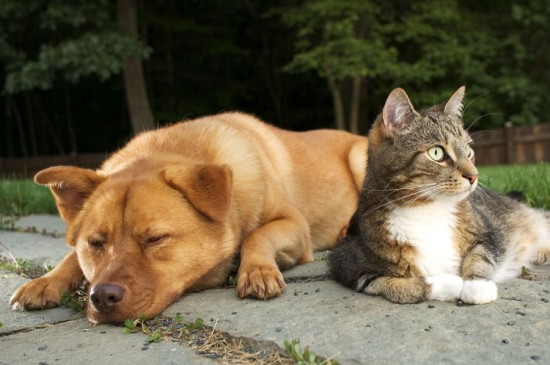 Calming Aids For Cats And Dogs
Calming Aids For
Calming Aids For Cats And Dogs
Calming Aids For
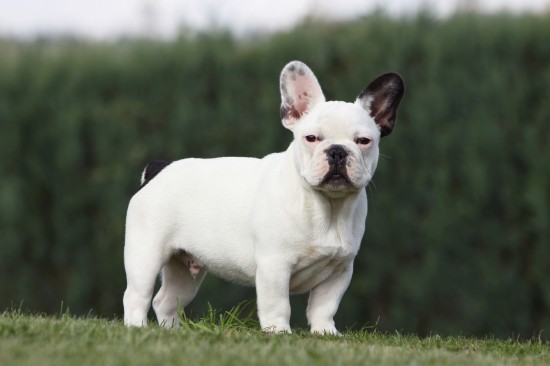 Stud Dog Contracts And What They Should Contain
Stud Dog Contract
Stud Dog Contracts And What They Should Contain
Stud Dog Contract
Copyright © 2005-2016 Pet Information All Rights Reserved
Contact us: www162date@outlook.com